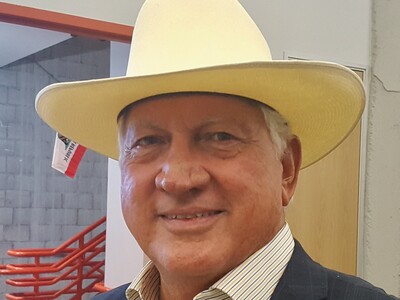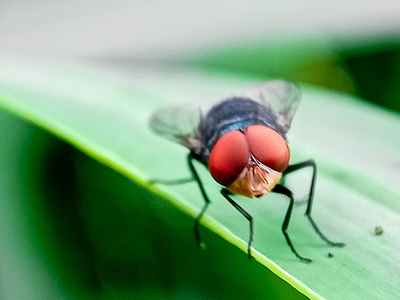Bee Health - Part 2

Tim Hammerich
News Reporter
Last Friday we reported on the importance of bee health to our agricultural systems. As part of the $900,000 grant awarded to four campuses including UC Riverside, researchers hope to be able to catch bee health issues earlier. Boris Bar is a professor of entomology and principal investigator of the project.
Bar… “So we know that bees mainly communicate with smell, but also a bit with sound. So if you have a microphone in these colonies, if we basically sniff in with chemical sensors, you can pick up some of the molecules that we already know that bees release in response to certain things happening inside the hive, for example, the queen has a specific pheromone. So as long as the pheromone is in the hive, we know the queen is present. We have a hunger signal. A signal that larvae release when they got infected with a parasite and want to get removed.”
The goal is to use technology to gather early signals of bee health concerns to catch and solve problems before they lead to colony collapse.
Bar… “The idea is to have an electronic veterinarian that basically sits inside the hive and does something that I would refer to as Google Translate for bees.”
The four-campus network of entomologists and engineers will become one of the largest honeybee health networks in the country.
















